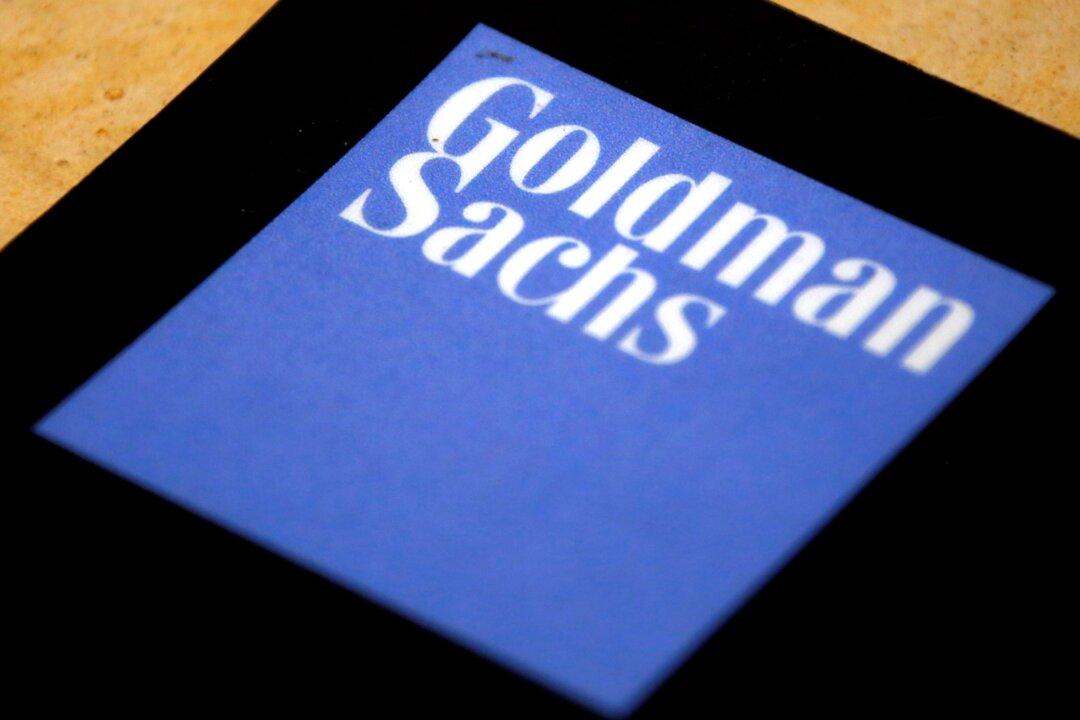Goldman Sachs downgraded the country’s quarterly GDP projections for 2022, as Sen. Joe Manchin (D-W.Va.) confirmed his stance in rejecting the Build Back Better package, a move that could derail President Joe Biden’s $1.75-trillion bill.
Failure to pass the bill would result in lower economic growth, according to analysts at the Wall Street firm. “We had already expected a negative fiscal impulse for 2022 as a result of the fading support from COVID-relief legislation enacted in 2020 and 2021, and without BBB enactment, this fiscal impulse will become somewhat more negative than we had expected,” Goldman Sachs analyst Jan Hatzius wrote in a note on Sunday.





